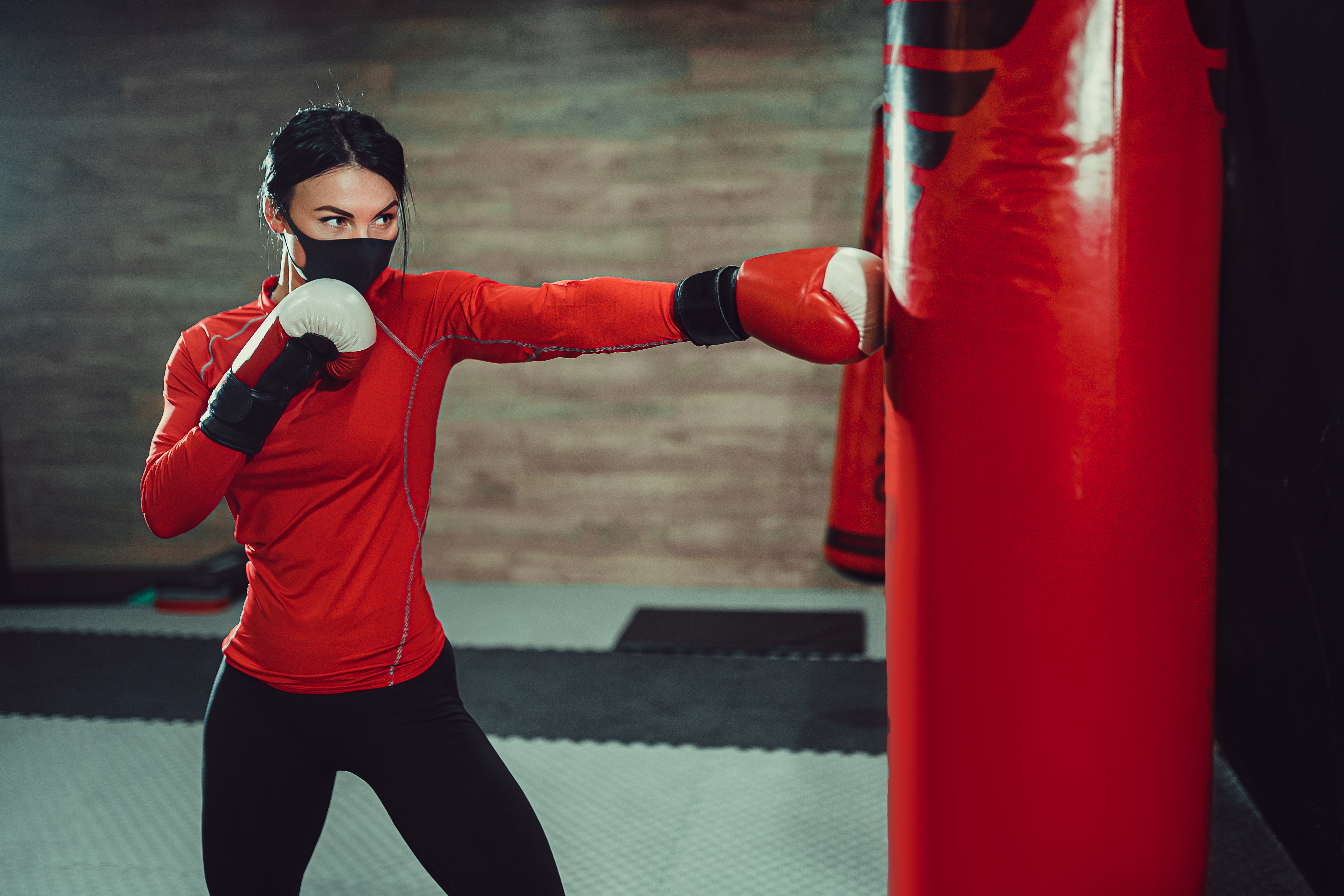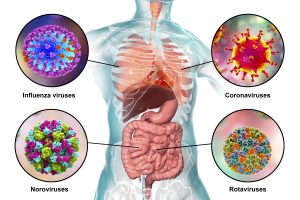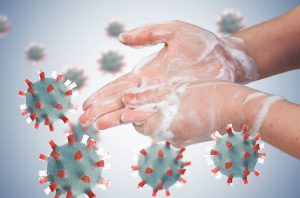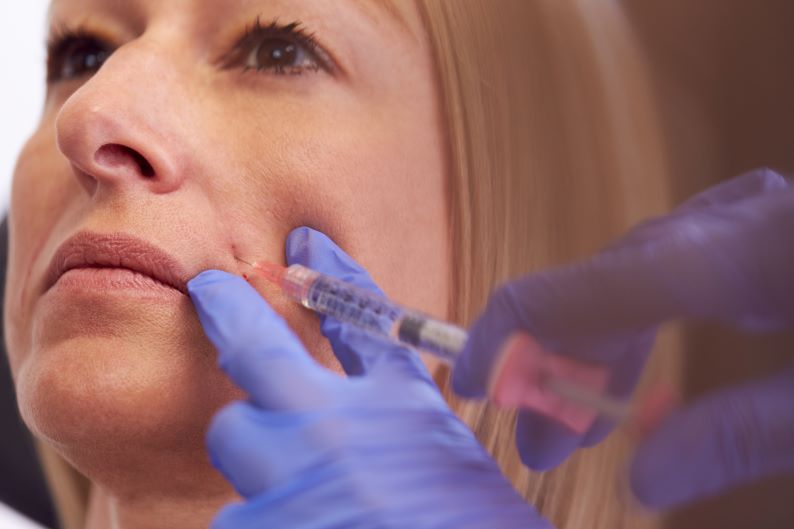Your Top 10 Coronavirus or COVID-19 FAQ’s

What Exactly is Coronavirus or COVID-19?
According to the Government of Canada Website, coronaviruses are a large family of viruses. Some cause illness in people and others cause illness in animals. Human coronaviruses are common and tend to be mild, such as the common cold.
In rare cases, animal coronaviruses transmit to people, spreading from person to person through close contact. COVID-19 is such a virus – called “novel” because it has not been previously detected in humans. So far there have been two other disease-causing coronaviruses that have spread from animals to humans, these are:
Severe acute respiratory syndrome coronavirus (SARS CoV)
Middle East respiratory syndrome coronavirus (MERS CoV)

How is Coronavirus transmitted?
Close person-to-person contact is the main method of transmission for Covid-19. If an infected person sneezes or coughs (and doesn’t cover their mouth and nose), they could potentially spray you with virus-infected respiratory droplets from their nose or mouth.
Also having contact with an infected person who has touched their mouth or nose with their hand can transmit it to you. Then if you touch your mouth or nose without thoroughly washing your hands first, you may inadvertently introduce the virus into your own body.
Can someone spread the virus if they’re not showing any symptoms?
According to the Centers for Disease Control (CDC), a person with COVID-19 is most contagious when they’re showing symptoms. But that doesn’t mean that asymptomatic individuals who are infected with the virus can’t pass it on to others.
In fact, that’s how many cases of the disease are being transmitted around the world. Someone may be able to spread the virus well before they start showing symptoms because it can take anywhere from two to 14 days for the disease to manifest after exposure to the virus.
How long does coronavirus linger in the air and on surfaces?
Scientists have found that COVID-19 was detectable in the air for up to three hours. It can exist on stainless steel objects for two to three days. Plastic objects such as take-out containers and food packaging, as well as light switches, cellphone cases and elevator buttons, can harbor the virus for two to three days.
The virus can last on cardboard for up to 24 hours and up to four days on glass (depending on location and temperature) Source.
How long is the coronavirus incubation period?
It can take two to 14 days for a person to develop symptoms after initial exposure to the virus. The average is about five days.
What does COVID-19 do to the body?
Once inside the body, the virus begins infecting epithelial cells lining the lungs. A ‘sticky’ protein on the receptors of the virus can attach to a host cell’s receptors and penetrate the cell. Inside the host cell, the virus begins to replicate until it destroys the cell. The initial point of entry to the upper respiratory tract is the nose, mouth, larynx and bronchi.
Most people only experience mild symptoms, such as: dry cough, shortness of breath, fever and headache and muscle pain and tiredness, comparable to the flu. In rare cases the disease can lead to respiratory distress and even more rarely, death.
What are the symptoms?
– Fatigue
– Cough
– Fever
– Headache
– Muscle ache
– Shortness of breath
Do surgical masks protect against the airborne virus?
Surgical masks, the kind that surgeons wear, can offer 80% protections from 0.02-1 micron particles. But with these masks in such short supply, can you make your own? Yes, homemade cotton masks captured 50% of 0.02-1 micron particles – not as high as surgical masks but still better than wearing no protection at all.
How can I protect myself and my family?

The best way to protect yourself and your family is to practice social distancing. This means staying at home as much as possible and keeping a distance of at least six feet between you and others. Wash your hands regularly. But what if you have to grocery shop? Here are some expert tips taken from HEALTH UNIT for keeping safe while at the grocery store:
Keep Clean
– Clean the handle of your cart
– Bring your own wipes and hand sanitizer. Although the stores have been trying hard to keep a public stock, the supplies are short
– Wash or sanitize your hands as you enter the store, and before getting into your car
– If you use reusable bags or containers, be sure to clean and sanitize these between uses
Keep Your Distance
– Avoid shopping in large groups
– Keep your distance from other shoppers and employees while in the store, 2 arms-length from each other is an easy way to measure your distance
– Avoid common greetings, such as handshakes. A simple wave and a friendly smile is just as effective
– If the grocery store seems busy, come back at another time to prevent larger gatherings
– Offer to grocery shop for those who are self-isolating or those who may be at higher risk like older adults and those in poor health
Keep Safe
– Remember everyday food safety practices such as separating raw meat from ready to eat food in your cart
– Wash fruits and vegetables when arriving home and before eating
– Please do not hoard. When you do this, your friends and neighbours may go without it.
Do I have coronavirus anxiety?
It’s perfectly normal to feel nervous and unsettled during a major pandemic. With new cases of the coronavirus spreading across Canada and the globe, it’s possible to feel a sense of panic and fear about your health, keeping your family safe, implications for the future and how the world will look when the pandemic is over.
If your feelings of fear and panic prevent you from functioning and carrying out daily tasks, then you may be experiencing anxiety which may need to be addressed. Here are the common symptoms associated with anxiety:
– Fatigue
– Irritability
– Trouble sleeping
– Raid breathing
– Trouble concentrating
– Panic attacks
– Obsessive thoughts about getting sick
Tips on coping:
– Limit how much you focus on COVID-19 during the day.
– Ask yourself, “Am I thinking clearly about the situation or am I just panicking about my fears?
– Turn off the TV if you’re feeling overwhelmed.
– Call a friend to chat about something completely unrelated.
– Be sure to keep moving (even short spurts of exercise indoors help) and get enough sleep; both will help keep your mood lifted.
– Don’t hesitate to reach out to your therapist or doctor if the symptoms of anxiety feel unmanageable.
For more in-depth information, visit this page on 12 Questions Answered on How to Handle Anxiety in the Time of COVID-19
BONUS: Do pets transmit coronavirus?
According to the World Health Organization (WHO), there is still “no evidence” to suggest that companion animals and pets, such as dogs or cats, can be infected by the virus or transmit it to us. Despite this, people should always wash their hands with soap after touching any pets because they could spread other bacteria, such as E. coli and salmonella.










